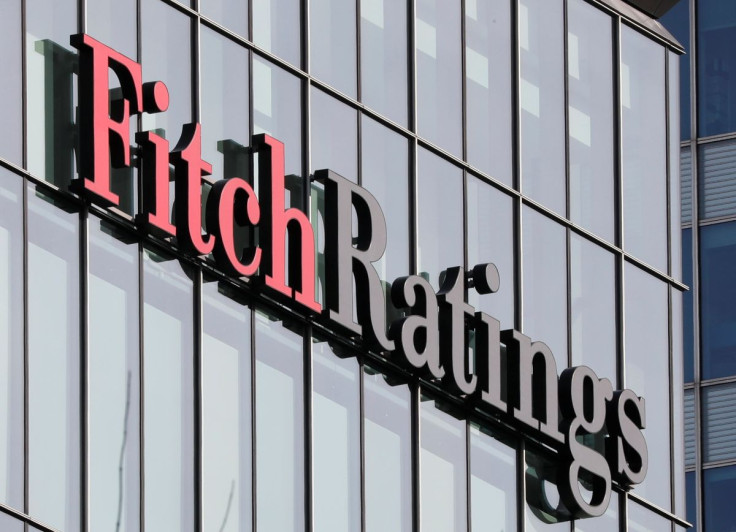Fitch Revises Pakistan's Outlook To Negative, Affirms At 'B-'

Ratings agency Fitch on Tuesday revised its outlook on Pakistan to negative from stable, citing a deterioration in the country's external liquidity position and financing conditions as well as the risks from renewed political volatility.
Fitch, however, affirmed Pakistan's Long-Term Foreign-Currency (LTFC) Issuer Default Rating (IDR) at "B-".
The International Monetary Fund (IMF) board was likely to approve a resumption in bailout payments, it said, but added there were considerable risks to the programme's implementation and to Pakistan's access to external finances after June 2023.
Ratings agency Moody's changed Pakistan's outlook to negative from stable on June 2..
Pakistan faces economic turmoil, with fast depleting foreign reserves, a declining currency and widening fiscal and current account deficits.
The economic meltdown has been compounded by political instability and a delay in the resumption of the IMF bailout since the government of Prime Minister Shehbaz Sharif took over from ousted premier Imran Khan in April.
The Pakistani rupee fell heavily against the U.S. dollar, losing nearly 6 rupees early on Tuesday to 122 per dollar in interbank trading.
Similarly, the Pakistan Stock Exchange Ltd KSE100 Index fell 978 points or -2.36% to close at 40,389.07 level on Tuesday, its website showed.
The rupee is especially under pressure from the falling reserves and delay in foreign inflows from the IMF and other sources, Fahad Rauf, head of research at Ismail Iqbal Securities, told Reuters.
Reserves have fallen to as low as $9.8 billion, hardly enough to pay for 45 days of imports.
"If Pakistan is able to maintain fiscal and monetary discipline, the health of the economy would improve and an outlook upgrade would follow," Rauf said.
Fitch said the political volatility could undermine the fiscal and external adjustment, especially in the environment of slowing economic growth and high inflation, which stood at 21.3% in June.
Pakistan's central bank has already pushed policy interest rates to 15%. It forecasts gross domestic product growth in the 2022-23 financial year at between 3% and 4%, less than the government's budget estimate of 5%.
The IMF reached a staff-level agreement with Pakistan last week to pave the way for disbursement of $1.17 billion. If this is approved by the board, the scope of the original $6 billion bailout agreed in 2019 will rise to $7 billion.
(Writing by Asif Shahzad; Reporting by Syed Raza Hasan in Karachi and Akriti Sharma in Bengaluru; Editing by Rashmi Aich, Bradley Perrett and Barbara Lewis)
© Copyright Thomson Reuters 2024. All rights reserved.




















